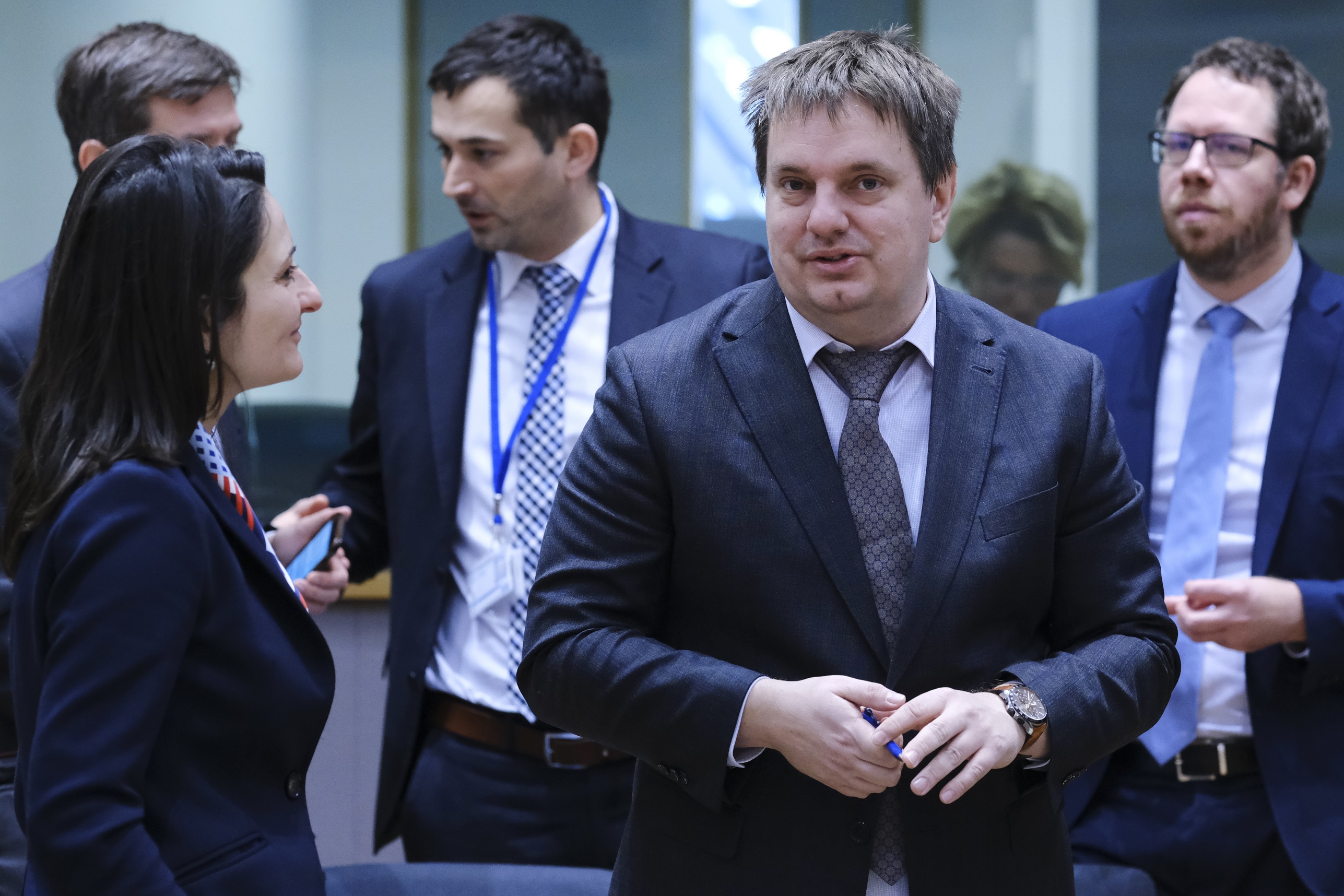At the Competitiveness Council meeting on 2 March (Internal Market and Industry), ministers adopted two legislative proposals, which were supported by State Secretary Gergely Fábián, representing Hungary.
The first, a draft directive on financial services contracts concluded at a distance, updates and modernises the general framework for financial services contracts, including those concluded online. The second proposal, a draft regulation on the collection and sharing of data on short-term accommodation services, provides for measures to simplify and harmonise the provision of data on the operation of online accommodation platforms and to increase transparency in the sector. Regarding the latter, the State Secretary recalled that the current Hungarian system, the National Tourism Data Supply Centre (NTDSC), which has been operational since 2019, already ensures the objective of transparency of the operation of accommodation providers for the supervisory authority. We believe that by this system in place we have already partially achieved the objectives of the proposal.

The Council then held a policy debate on Long-term competitiveness and productivity – Single market at 30 and beyond. Ministers sought to identify the key elements and measures the EU could take to improve its competitiveness and productivity in the coming decades. It was agreed that, while there has been significant progress in product market integration, there is still much work to be done in breaking down barriers in the services market. The issue of state intervention, in particular the review of the state aid framework, was raised again in the context of the upcoming Commission proposals for supporting green industries. The majority of Member States stressed the importance of targeted, proportionate and temporary measures in this area and agreed with the Commission that we cannot rely on state aid alone to ensure our long-term competitiveness. On the other hand, the availability of skilled labour is a competitiveness factor that needs to be taken very seriously as well, because the right skills, currently in short supply, are particularly needed to promote green industries. State Secretary Gergely Fábián underlined the importance of taking industry's views into account and listening to their concerns during the policymaking process. Many businesses are struggling to survive, so targeted public support is needed to help them. He also agreed that it would be important for businesses to reduce administrative burdens, simplify the regulatory environment and speed up procedures.
The day before the Council meeting, State Secretary Gergely Fábián attended the 7th High Level Meeting of the European Battery Alliance, convened and chaired by Commission Vice-President Maroš Šefčovič. Participants agreed that the sector has been hit by external shocks over the past year which needs to be addressed quickly, while at the same time developing a comprehensive and ambitious plan to strengthen the EU's long-term competitiveness and productivity. This must include improving the EU regulatory framework, accelerating private investment and financing across the battery value chain, ensuring the availability of skilled labour and, not least, harnessing trade policy and international partnerships.

